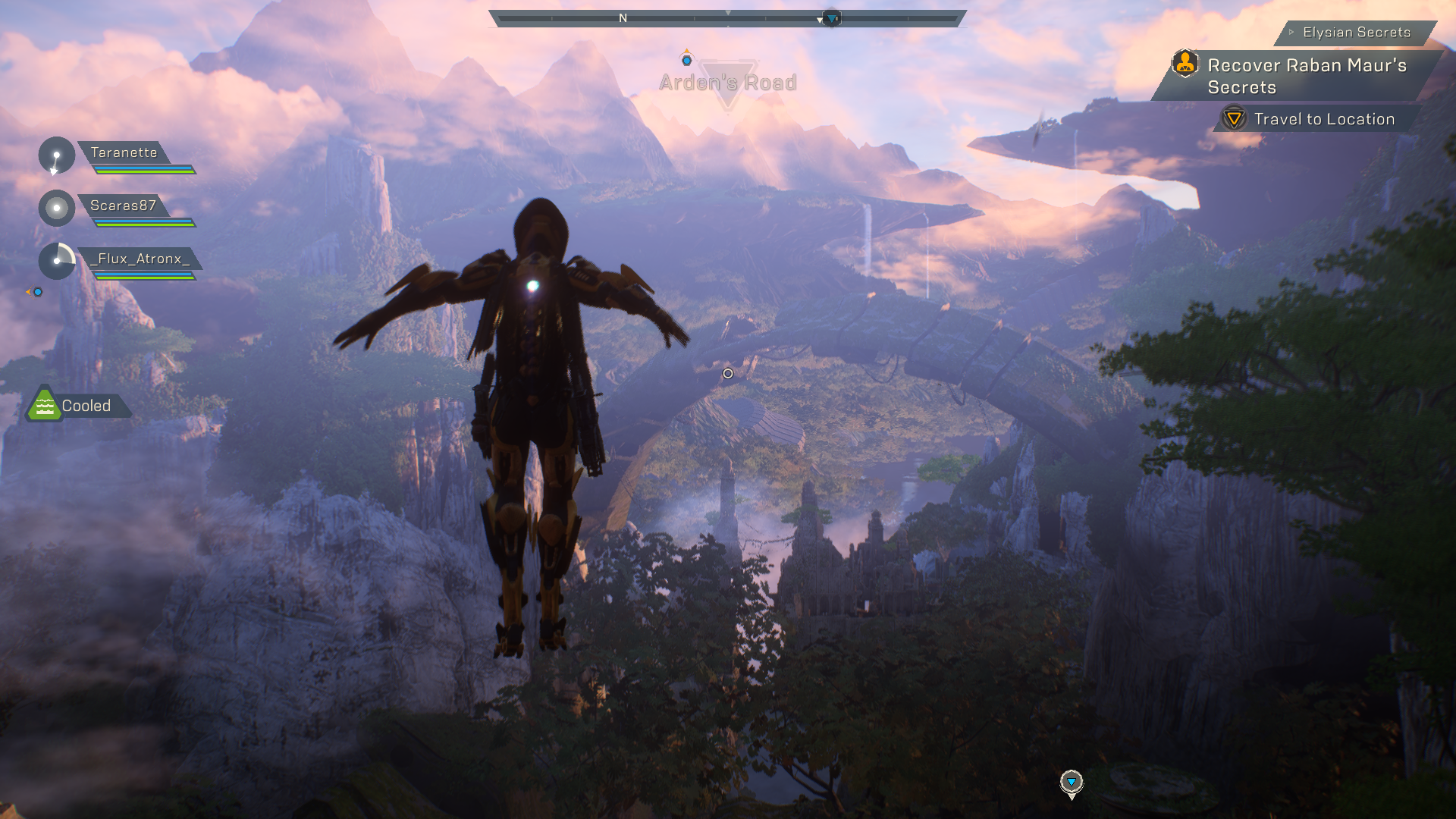BioWare criticizes report about troubles in Anthem's development
The response to Kotaku's report acknowledges room for improvement but largely evades the allegations.

A scathing Kotaku report on the development of Anthem has elicited a very quick and dismissive response from BioWare, which said that it stands "wholeheartedly" behind every current and former member of the development team, including studio leadership. The developer chose not to take part in the story because it "felt there was an unfair focus on specific team members and leaders," it said, and it "didn’t want to be part of something that was attempting to bring them down as individuals."
"As a studio and a team, we accept all criticisms that will come our way for the games we make, especially from our players. The creative process is often difficult. The struggles and challenges of making video games are very real. But the reward of putting something we created into the hands of our players is amazing," BioWare wrote in the uncredited reply.
"People in this industry put so much passion and energy into making something fun. We don’t see the value in tearing down one another, or one another’s work. We don’t believe articles that do that are making our industry and craft better."
The report describes a troubled studio culture at BioWare, including tensions between the Edmonton and Austin offices and an over-reliance on last-minute "BioWare magic"—crunch laced with blind luck, basically—that plagued not just Anthem but also Mass Effect: Andromeda and Dragon Age: Inquisition. Mounting pressures from all quarters made the last year of Anthem's development "one of the most stressful years in BioWare's history," according to the report, and doctor-mandated "stress leave" became common.
In its response, BioWare said that it takes the well-being of its employees seriously, and while it implicitly acknowledged the validity of some complaints by stating that the 2017 return of Casey Hudson as general manager helped "make big steps to improve studio culture and our creative focus," it also denied that crunch was a problem in the first place.
"We put a lot of focus on better planning to avoid 'crunch time,' and it was not a major topic of feedback in our internal postmortems," BioWare wrote. "Making games, especially new IP, will always be one of the hardest entertainment challenges. We do everything we can to try and make it healthy and stress-free, but we also know there is always room to improve."
There's no overlooking the fact that BioWare's reluctance to "tear down" individual developers stands in contrast to those developers' willingness to tell their stories, and that the uncredited response obviously comes from management, not BioWare as a whole.
Keep up to date with the most important stories and the best deals, as picked by the PC Gamer team.
Kotaku's report also bears some similarities to the publication's 2017 investigation into the development of Mass Effect: Andromeda, which, like Anthem, is said to have been in pre-production for years, hobbled by technology (again, the Frostbite engine), and then pulled together at the last, crunch-filled minute.
“People were so angry and sad all the time,” they said. Said another: “Depression and anxiety are an epidemic within Bioware.”Co-signed me, a person who left BioWare in 2017 with massive depression and anxiety that has taken me a while to get through and recover from.April 2, 2019
Former employee Manveer Heir, a gameplay designer on Mass Effect 3 and Andromeda who left the studio in 2017 to launch his own indie outfit, was quick to confirm the story's allegations. Heir said that while he didn't work on Anthem, the report is "all applicable to MEA's development," and that he, along with many others, was "absolutely a stress casualty" as a result of working on that game.
Despite BioWare's acknowledgment of "room to improve," it didn't clearly respond to the specific allegations made in the report. That may be in part because, as author Jason Schreier pointed out on Twitter, BioWare's response was written and published within minutes of the Kotaku story, meaning it hadn't had the opportunity to actually read the report before replying.

Andy has been gaming on PCs from the very beginning, starting as a youngster with text adventures and primitive action games on a cassette-based TRS80. From there he graduated to the glory days of Sierra Online adventures and Microprose sims, ran a local BBS, learned how to build PCs, and developed a longstanding love of RPGs, immersive sims, and shooters. He began writing videogame news in 2007 for The Escapist and somehow managed to avoid getting fired until 2014, when he joined the storied ranks of PC Gamer. He covers all aspects of the industry, from new game announcements and patch notes to legal disputes, Twitch beefs, esports, and Henry Cavill. Lots of Henry Cavill.

